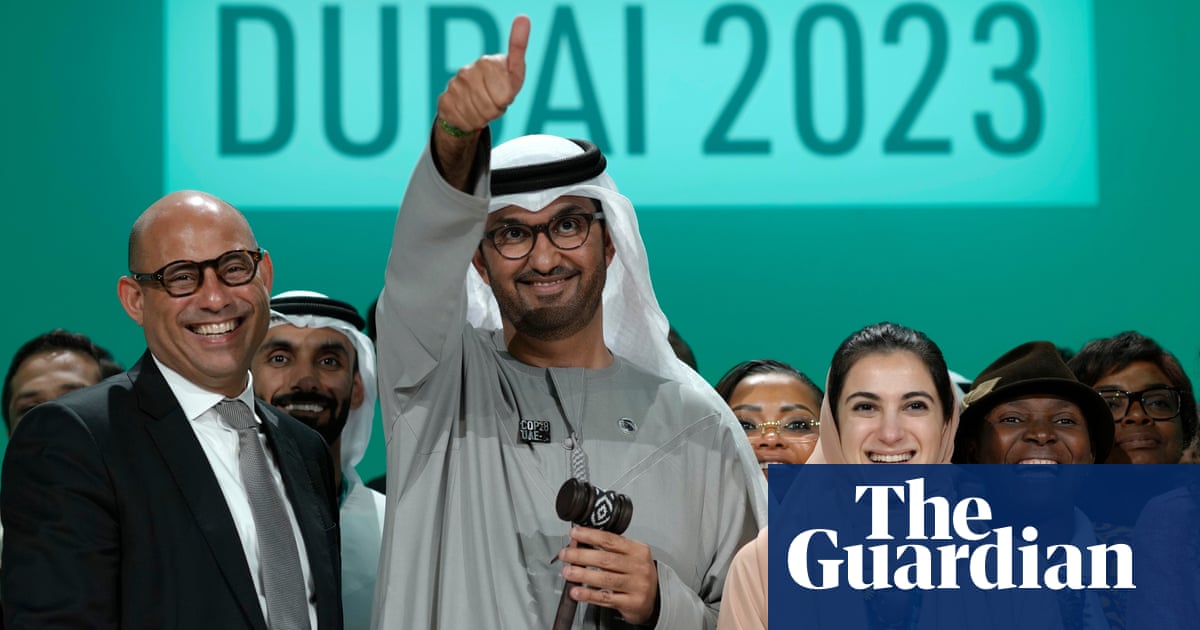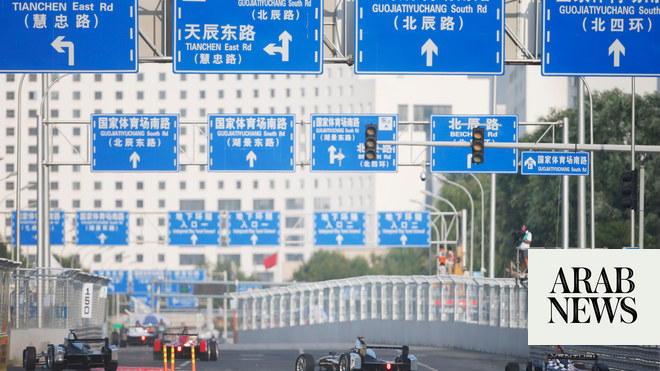
housands of delegates streaming into Beijing for China’s most important political event of the year have undergone nucleic acid tests and quarantines amid what state media have called “wartime measures”.
The National People’s Congress is usually a two-week affair of pomp and pageantry but this year’s event has been shortened and some sessions will be held over video link.
Railway stations have implemented extra screening for travellers coming to the capital and residential communities are meant to maintain strict “close management” – allowing only registered residents in and out. Officials have temporarily banned the sale of petrol in bulk, as well as firecrackers. Balloons for sporting events or other types of aerial advertising are also barred.
Even more so than other years, it is critical that the parliamentary session – which coincides with the meeting of an advisory body, collectively known as “two sessions” – goes off without a hitch. The event, a time for China’s political elite to rubber-stamp policies and indicate new policy directions, was delayed for two months because of the coronavirus.
In holding the two sessions, which begin on Thursday and Friday, Beijing is not only signalling its victory over the virus but is trying to emphasise control and leadership as it tries to move on from the pandemic. China is in unchartered territory of economic struggle and discontent at home and increased hostility from abroad, which makes the event especially important for its leader, Xi Jinping, who over the years has centralised power and embodies the government’s response to crises.
Wu Qiang, a political scientist formerly, of Beijing’s Tsinghua University, said: “The two sessions is a very important stage for political performance. Even amid an epidemic, it must go on with everyone pretending that everything is normal. Xi, of course, hopes to consolidate his position through the two sessions by earning praise for his work countering the epidemic and showing a situation of stability.”
Establishing that image of stability will not be easy. In the first three months of the year China experienced its first economic contraction since 1992, and analysts believe the proportion of unemployed people may be as high as 10%, much higher than official figures. Pledges such as doubling the country’s GDP in the decade to the end of 2020 and establishing a “moderately prosperous society” are likely to be harder to meet.
US-China ties, already strained, have reached a new low, while other countries have joined calls for an independent investigation into the outbreak. Beijing also finds its diplomatic relations strained by growing support for its rival, Taiwan. In Hong Kong, anti-Beijing protests have resumed after a pause because of the coronavirus outbreak.
Jessica Chen Weiss, associate professor of government at Cornell University, said: “The Chinese leadership faces a difficult challenge: to reset expectations and establish a new normal amid unprecedented domestic and international challenges.”
At home, Xi faces the threat of public anger, which reached new heights at the worst of outbreak in Wuhan but has since largely disappeared from view. Observers say the party propaganda machine has gone into overdrive, praising the country’s win over the virus and emphasising the severity of the pandemic in other countries.
China’s foreign minister, Wang Yi, said in February: “Only in China and only under the leadership of President Xi could there be such effective measures to put this sudden and fast-spreading epidemic under control.”
The authorities appear to be clamping down further on criticism. Beijing police last month detained three people involved in saving censored content related to Covid-19 on the software development platform Github. A fourth citizen journalist, Zhang Zhan, who reported from Wuhan, has reportedly been detained in Shanghai. And Zhang Xuezhong, a constitutional scholar, was held after posting an open letter calling on the country’s parliament to push for political reforms.
“One can imagine that the regime, facing a crisis, will adopt more methods of suppression,” said Wang Aizhong, an activist based in Guangzhou. Like many activists in China during sensitive political events, he has been visited by state security, which instructed him to stay quiet and ordered him not to travel to Beijing.
Others say the two sessions, which state media have said will focus on issues such as climate change, GDP targets, poverty reduction and other reforms, barely disguise deeper problems of income inequality and lack of freedom of information and free speech, which critics say allowed the virus to spread.
Wu said: “The basis of the Chinese model is that citizens sacrifice many kinds of rights and freedom for safety and wealth. In the past few months, Chinese people have started to doubt this. I have rarely seen such widespread suspicion of the government. For the first time in 20 years, freedom of speech has been linked to safety and security.”
He added: “The two sessions will continue to praise the central government’s control over the virus, but it will only show the huge contractions of of Chinese society, where the widespread discontentment of regular people has no outlet.”
Additional reporting by Lillian Yang











